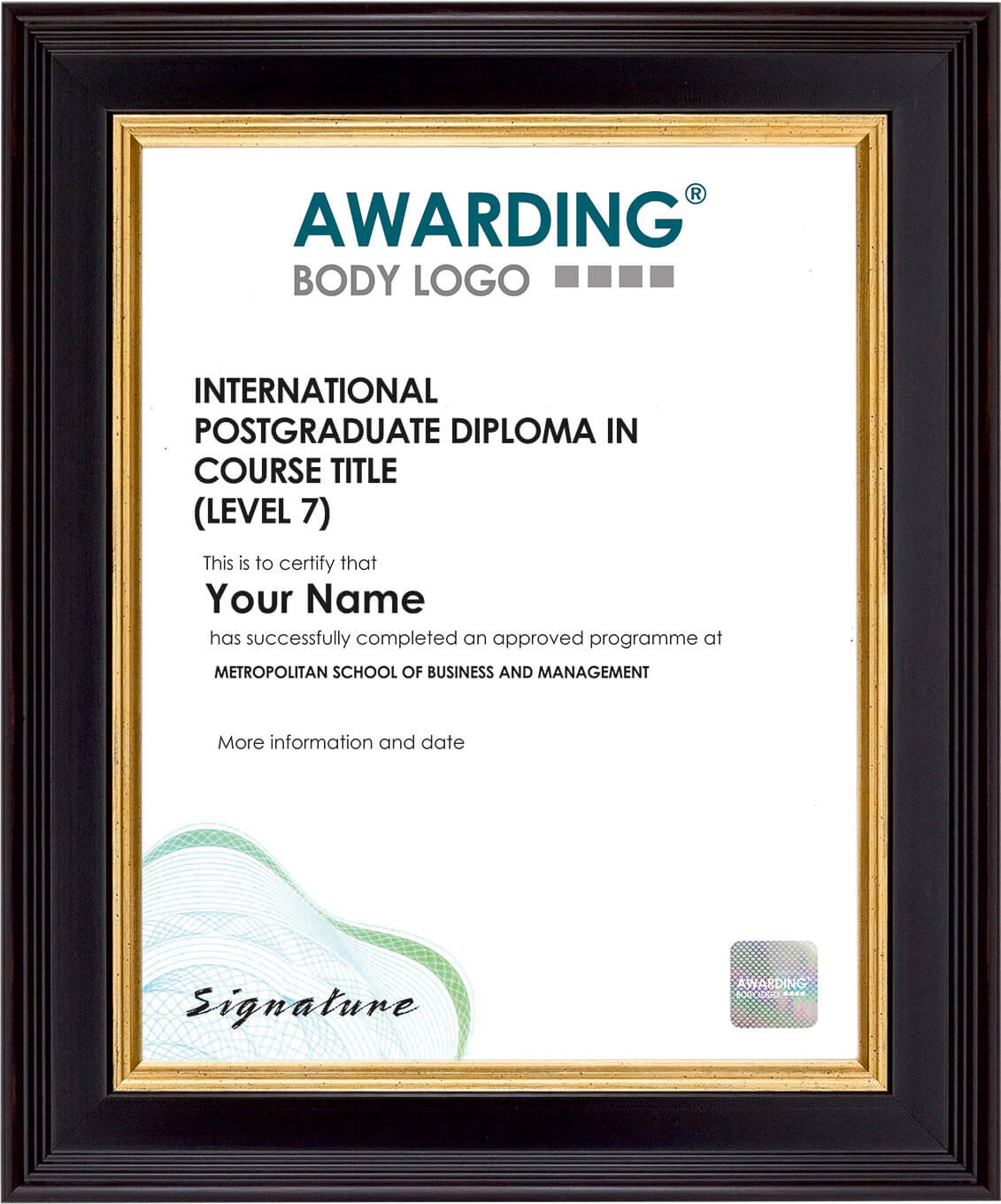The International Postgraduate Diploma (IPGD) in Corporate Governance and Leadership aims to develop strategic leaders proficient in ethical governance and transformative leadership. The course seeks to enhance decision-making skills and foster a deep understanding of corporate accountability and sustainability. Graduates will be equipped to drive organizational excellence and innovation in a dynamic global business environment.
Course Details:Applied Corporate and Business Law: Investigate the legal frameworks and regulations that support corporate operations and governance.
Corporate Management and Control: Analyze mechanisms for efficient oversight and control within corporate structures.
Corporate Stewardship: Understand principles and practices for responsible management and sustainable value creation.
Corporate Social Responsibility and Governance: Learn to integrate ethical practices and social responsibility into corporate governance.
Financial Reporting and Analysis: Acquire expertise in interpreting and utilizing financial reports for informed decision-making.
Strategic Leadership: Cultivate advanced skills for guiding organizations through strategic planning and implementation.
Assessment: Graduation Project (GP)Upon finishing the coursework, students must complete a graduation project(GP) that combines and utilises the knowledge acquired across different modules. This qualification embodies current Corporate Governance and Leadership practices and helps learners deepen and broaden their understanding of the field at an advanced level.
Programme Structure and Credits:This programme comprises 6 modules with 30 ECTS and 1 GP of 30 ECTS.































